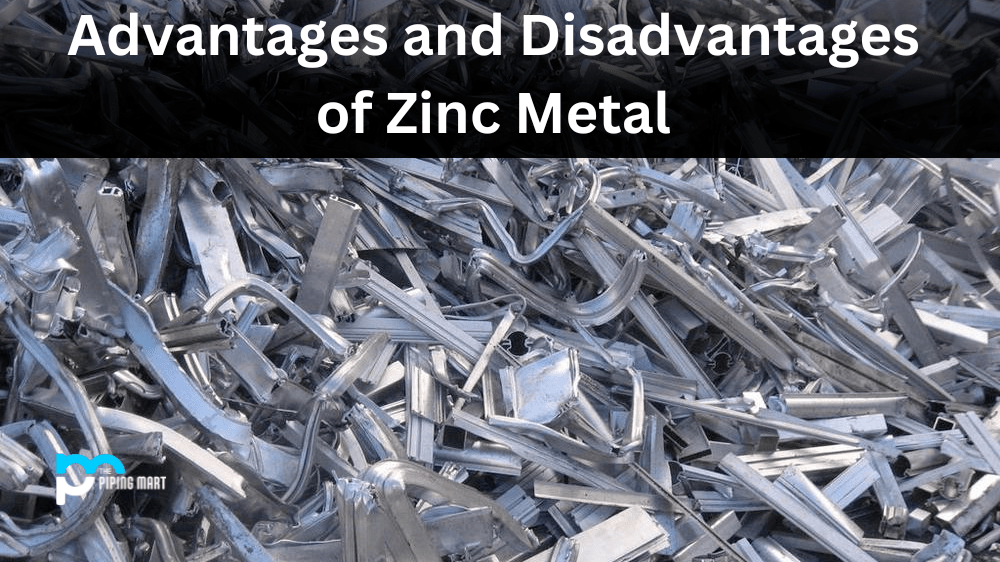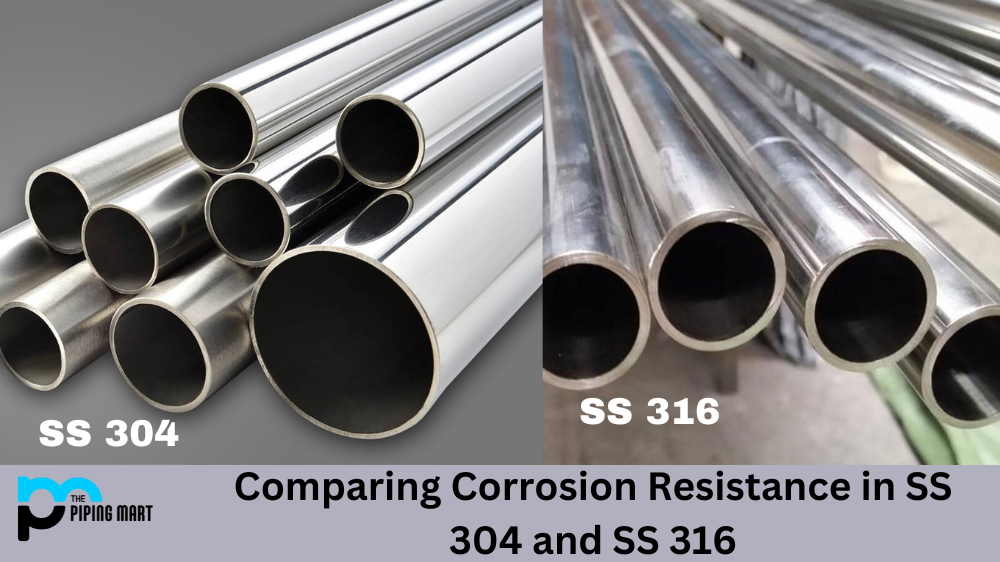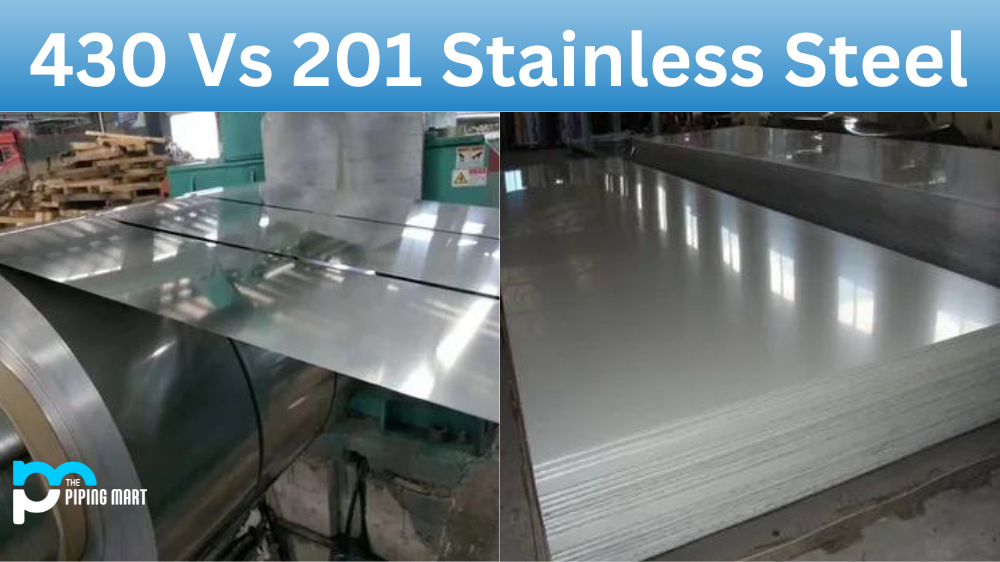Zinc metal is a beneficial and versatile material. It’s used in die casting and galvanizing, among other things. However, there are a few potential disadvantages and advantages of using zinc metal that you should be aware of. Read on to learn more about these potential drawbacks and how to avoid them.
3 Advantages of Zinc
Durability & Corrosion Resistance
Zinc metal is extremely durable and resistant to oxidation and other forms of corrosion. This makes it ideal for outdoor applications where it will be exposed to moisture or other corrosive elements. It’s also non-toxic, so it’s safe to use in areas where people may come into contact with it. Additionally, zinc’s low melting point makes it easy to work with during fabrication processes.
Cost Effectiveness
Compared to other metals such as aluminum or steel, zinc is relatively inexpensive to produce and purchase. This means that you can get the same durability and resistance without breaking the bank. Additionally, zinc is a recyclable material so it can be reused multiple times without losing any of its effectiveness or strength.
Versatility
Zinc is used in many different industries due to its versatility and durability – from automotive parts to home appliances – there are seemingly endless possibilities when it comes to using this metal for construction and manufacturing purposes. Additionally, its non-toxic properties make it perfect for use in food processing plants and medical facilities where safety is paramount. Conclusion: In conclusion, zinc metal offers many benefits for various industries due to its durability, cost effectiveness, and versatility. Whether you’re looking for a material for construction projects or need something that can withstand harsh conditions in an industrial setting, zinc metal may be the perfect choice for you! With its strong resistance against corrosion and oxidation plus its recyclability capabilities, zinc metal should definitely not be overlooked when considering your options!
3 Disadvantages of Zinc
Corrosion Resistance
One of the most common disadvantages of using zinc metal is its relatively low corrosion resistance. Zinc will corrode when it comes into contact with certain contaminants or when exposed to certain environmental conditions such as humidity or high temperatures. To prevent this from happening, it’s important to regularly inspect your zinc components for signs of rusting or deterioration. If you notice any signs, take steps to immediately address the issue before further damage occurs.
Cost
Another potential disadvantage is the cost associated with zinc metal products. While zinc is cheaper than some other metals, such as aluminum and stainless steel, it can still be relatively expensive if you need large quantities of it for your project or application. To keep costs down, consider purchasing recycled zinc or looking into alternative metals that may be less expensive yet still suitable for your needs.
Galvanic Corrosion
Finally, one of the biggest potential disadvantages of using zinc metal is its susceptibility to galvanic corrosion when it’s paired with dissimilar metals in water-based environments (such as swimming pools). This type of corrosion occurs when two different metals are placed in contact with each other and then exposed to an electrolyte (water) which causes a reaction between them, resulting in corrosion on both metals. To prevent this from happening, use only compatible materials when constructing projects involving water-based environments and inspect them regularly for signs of deterioration or rust.
Conclusion:
Zinc metal has many useful applications, but there are some potential disadvantages that you should be aware of before incorporating it into your project or application. While zinc has a relatively low resistance against corrosion, regular inspections can help prevent further damage from occurring due to exposure to contaminants or environmental factors like humidity and high temperatures. Additionally, the cost associated with zinc metal products can be prohibitively expensive depending on your needs, so consider looking into alternative metals such as aluminum or stainless steel for cost savings instead. Finally, galvanic corrosion may occur if zinc is paired with dissimilar metals in water-based environments, so use compatible materials when constructing projects involving water-based environments and inspect them regularly for signs of deterioration or rusting. All website owners should keep these potential disadvantages in mind when considering whether they should use zinc metal for their projects or not!

Pipingmart is a B2B portal that specializes in metal, industrial and piping items. Additionally, we share the latest information and information about materials, products and various types of grades to assist businesses that are involved in this business.




